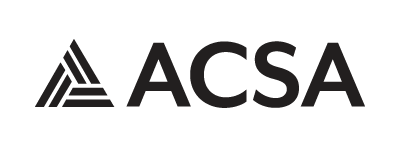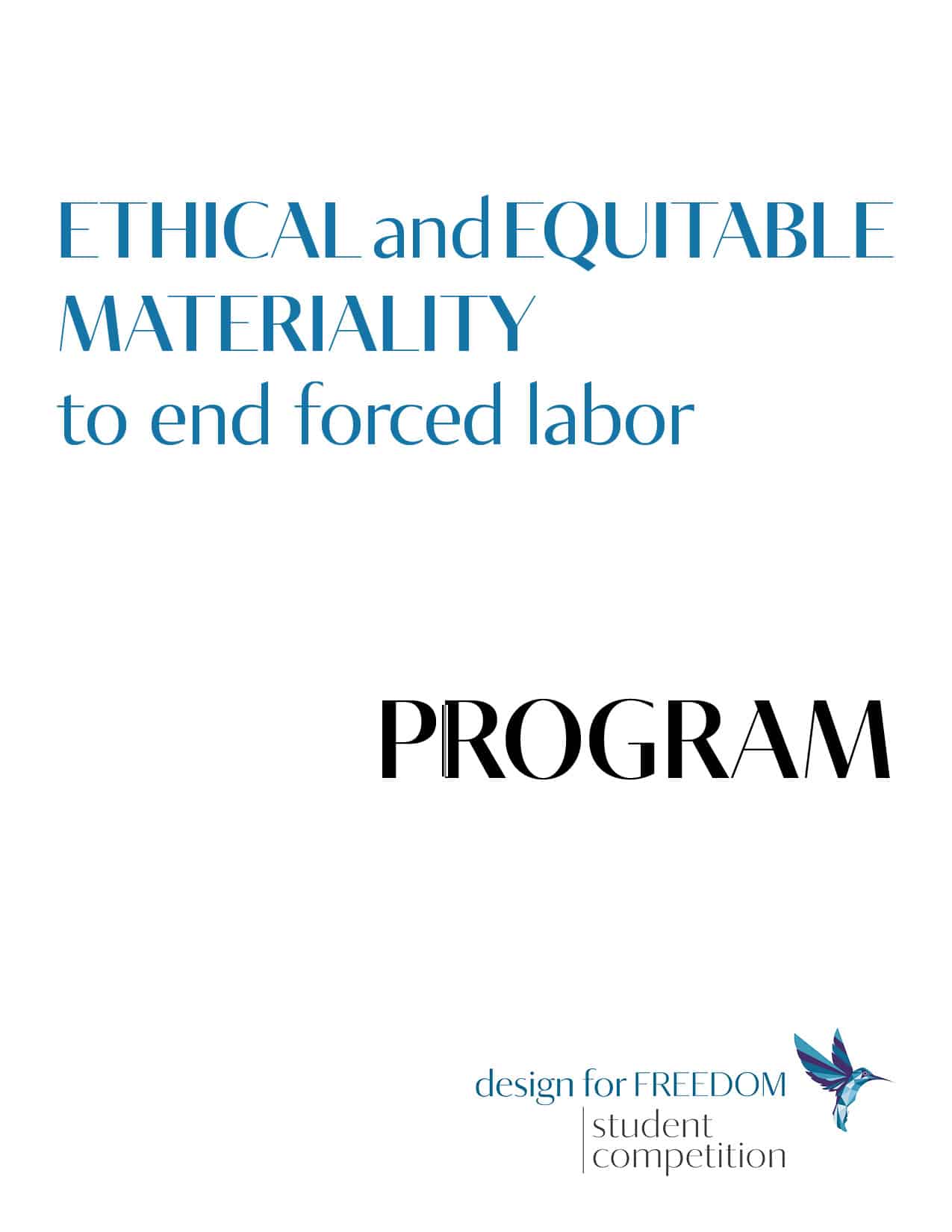Ethical & Equitable Materiality: To End Forced Labor is a student competition that will offer architecture students to design a project using these principles. Following are the Design for Freedom Principles to guide your Design Project or Material Research:
- To acknowledge that the choices made in the sourcing of building materials have environmental, social, and ethical repercussions
- To have a moral and ethical obligation to end exploitation that subsidizes the bottom line of residential and commercial construction projects globally
- To understand that ethical business models reduce risk and improve long-term results
- To recognize that cheap and exploitable labor stifles the modernization of the industry by reducing the need for innovation
- To embrace emerging technologies that can improve supply chain transparency
- To embrace material circularity that eliminates material extraction where forced labor is the most prevalent, including harvesting, mining, processing, and shipping of raw materials
- To commit to adopting internal ethical sourcing policies
- To engage with federal and local government agencies and advocate for systemic change through policy, law, and enforcement of human rights violations
- To replicate learning journeys for colleagues and peers
Design for Freedom seeks to mobilize the full ecosystem of the global architectural, engineering, and construction professions to create institutional responses that add fair-labor material sourcing to existing and new industry-wide practices and material transparency measurements, and adopt shorter material supply chain methods to create a more humane and equitable future.
Category I – DESIGN PROJECT
Offers architecture students the opportunity to select a site and building program using Design for Freedom Principles to design and build more ethically and equitably.
Program
The design program for the project is the prerogative of the student and/or faculty advisor, but needs to reflect the ethical and equitable spirit in the Design for Freedom Principles. Adaptive re-use design projects are encouraged to accentuate material circularity to promote ethical and equitable materiality. The design ideally synthesizes site, program and material selections.
Site
The site for the competition is the choice of the student and/or faculty sponsor. However, the site should be accessible by alternative modes of transportation such as public transportation, biking, or walking. Submissions will be required to explain the site selection, strategy, and access graphically, and how it responds to Design for Freedom Principles.
Material Sourcing
Students and/or faculty advisors should take full advantage of the complement of resources available through the Design for Freedom Toolkit, in selecting and documenting primary building materials and processes used in the design.
Category II – MATERIAL RESEARCH
Allows architecture students to research material sourcing to existing and new industry-wide practices and material transparency measurements and to adopt shorter material supply chain methods (including materials re-use and adaptive building re-use) to create a more ethical and equitable future.
Documentation
Submissions in the Material Research category will demonstrate an innovative and informed approach to material research and selection that mitigates the use of materials and processes produced by forced labor. Documentation should be presented primarily graphically, demonstrating research and conclusions regarding material research and selection. Documentation should focus on graphic communication of supply chains for materials that reflect Design for Freedom Principles. Graphic communication through matrices, charts, graphs, and other illustrative devices should be a strong part of the documentation.
Material Sourcing
Students and/or faculty advisors should take full advantage of the full complement of resources available through the Design for Freedom Toolkit. The focus should be on graphic documentation of material research and conclusions regarding building materials and processes that are of higher risk of forced labor.
Competition Organizers & Sponsors
Questions
Edwin Hernández-Ventura
Programs Coordinator
ehernandez@acsa-arch.org
202.785.2324
Eric W. Ellis
Senior Director of Operations and Programs
eellis@acsa-arch.org
202-785-2324

 Study Architecture
Study Architecture  ProPEL
ProPEL 


